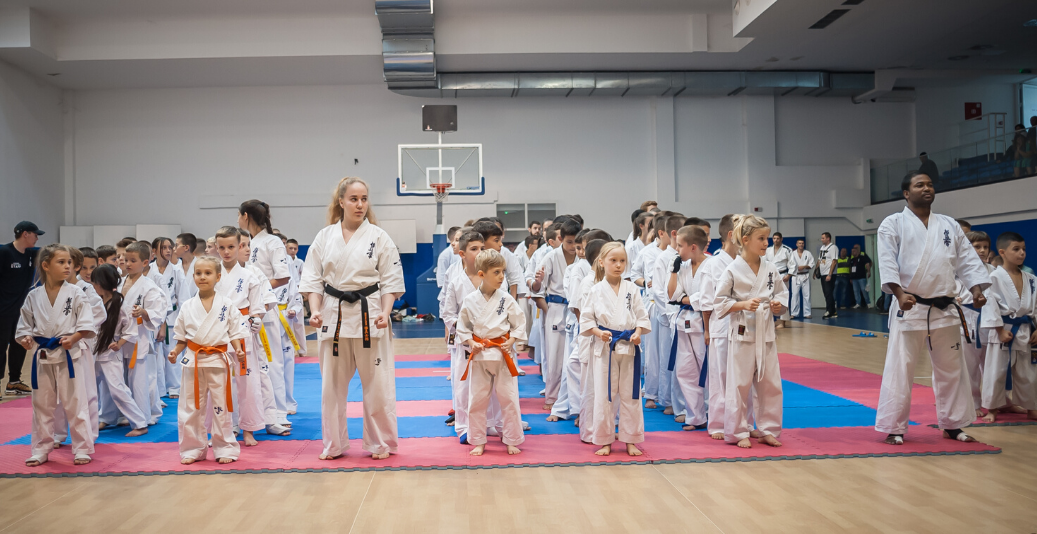Participation Trophies: How They Benefit Your Students
As with many parenting debates, the benefits of participation awards are highly controversial. On one hand, there are parents who think participation awards are a great way to encourage kids to be active, without causing feelings of entitlement or unrealistic expectations. On the other, there are parents who think this builds an unrealistic view of the real world and warps children's sense of their own self-importance.
It’s a complicated issue and, if we’re looking at whether it positively affects children or not, it really depends on the child, as well as the reasoning behind the award. Here we break down the reasons kids should get participation trophies.
Process, not Results
When thinking about whether kids should get participation trophies or not, we need to look at what effectively motivates kids to be more active and to strive for excellence. While extrinsic motivations — think money or something else in return — on their own are not helpful in building motivation, rewarding a child’s effort and dedication can help them focus on what they can change. This will help children adopt the mindset that their efforts are correlated with outcomes, increasing their work ethic.
This study by Stanford psychology professor Carol Dweck illustrates the point: 97% of children who were praised for their efforts after taking the same easy IQ test chose to take a harder test, right after, that would provide learning opportunities. This is compared to 67% of children who were praised for their intelligence.
Confidence Builder
We’ve talked about how much martial arts help kids, especially with things like resisting peer pressure and confidence boosting. Some children naturally, or through their environment, have lower levels of self-esteem and self-confidence. These kids thrive with regular praise, as it will help them take risks and stand up for themselves as they mature into their teens and adulthood. These are the kids that thrive most from participation trophies; praise that will help them build the confidence to achieve greatness.
Perseverance
The Martial arts help in many ways and perseverance is one of the biggest benefits for children going through adversity. Our teaching styles can be focused a bit on tough love and participation trophies can act as the counter-balance to that. If a child puts in a lot of work into their training and then goes to a martial arts tournament and loses their first fight of the day, there’s a chance that the child may feel like all of the effort they put in went to waste, leading to decreased levels of motivation and finding a disconnect between hard work and achievement. By framing the participation trophy as an acknowledgement of the process, these negative feelings can be avoided.
Finally, It Depends
Balance is the key. There are some reasons why kids should not get participation trophies but, at the end of the day, keeping our key points in mind with participation trophies will sometimes allow you to use them as a motivational tool. A child with high self-esteem who is naturally good at martial arts isn’t the one this will help. This tool will help boost the ones that just need a little encouragement to reach their full potential. Just make sure you don’t give it to kids as a meaningless gesture for just showing up.
So when you do give participation trophies, make sure you do it the right way. Communicate that the reason they’re receiving a participation trophy is due to the work they put in; for example, acknowledge the classes they went to and the time they put in with a senior instructor to learn their patterns. One thing that’s agreed upon is the benefits of martial arts for our kids; the more we encourage them to be active, the better off they will be.




